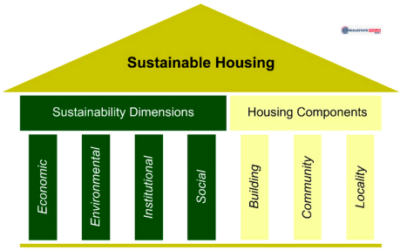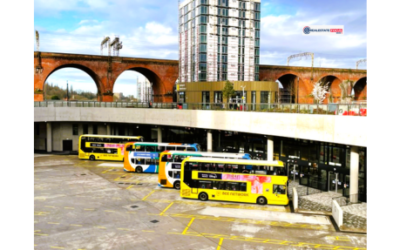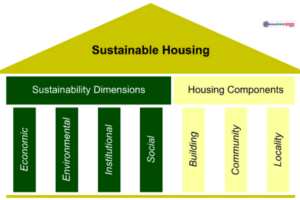

Locked Out of the Dream: How Over-Regulation is Making Homes Unaffordable Globally
Housing has become one of the top financial concerns worldwide, with homeownership slipping further out of reach for the middle and working classes. In the U.S., over a third of Americans spend more than 30% of their income on housing, and the situation is similarly dire across the globe. Cities like Sydney, Los Angeles, and London now feature exorbitant home prices, driven by policies that restrict development, notably “urban containment” strategies. These policies were originally designed to curb sprawl, but they’ve backfired by driving up land prices and making it harder to build enough new housing.
The issue isn’t a lack of demand or population growth, but a failure to build enough housing, especially single-family homes, due to restrictive regulations. Urban containment, long environmental reviews, high-impact fees, and mandates like parking requirements all contribute to this bottleneck. In places like California, for example, a limited supply of available land causes home prices to escalate, with young people in cities like San Francisco needing over 100 years to save for a down payment.
The result? A generation of young people, particularly millennials and Gen Z, are being locked into permanent rental status, unable to build wealth through homeownership. This trend is fueling economic inequality as homeownership becomes more concentrated in the hands of the wealthy, while renters are left behind. The growth of a permanent renter class could also lead to political and social instability as inequality deepens.
Despite these policies being framed as solutions to urban sprawl, they are undermining the dreams of homeownership for most people. Without reform, the housing crisis could pave the way for a modern form of feudalism, where wealth is concentrated in the hands of a few, and the rest of the population is forever locked in a cycle of renting. Reforming these regulations is critical to restoring affordable housing and the dream of ownership for future generations.




































